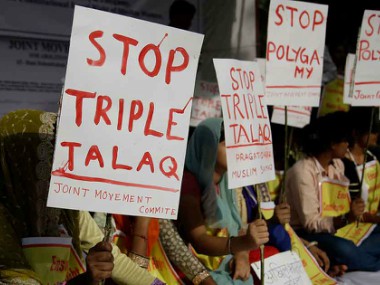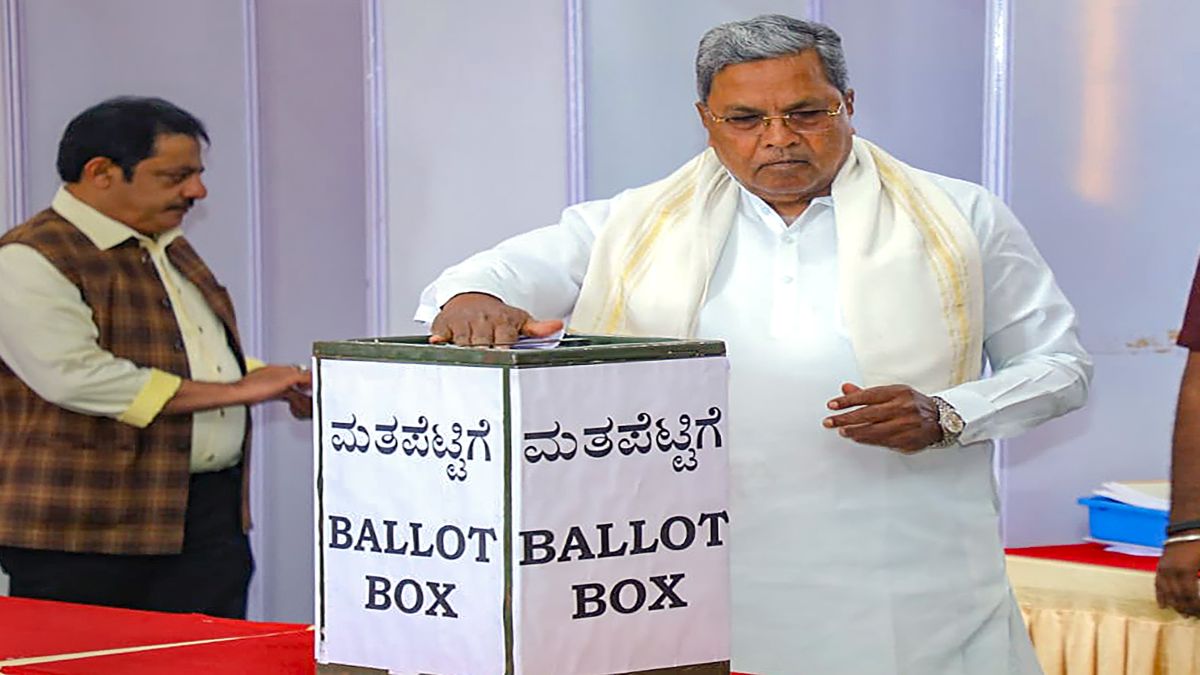The debate on the triple talaq bill has been quite detailed, and even questioned the basis of criminalising the practice. It is therefore incumbent to settle the case for criminality of the practice of triple talaq.
Any legal system differentiates between civil wrongs and criminal wrongs. Civil wrongs are usually punishable with fines while criminal wrongs are punishable with imprisonment.
In crimes, the prosecution is carried on by the State, while in civil wrongs, the case is fought only by the affected party. The State takes it upon itself to prosecute the crimes because these wrongs are at such a pedestal that they question the very authority of the State, and as such, are disruptive against society.
Triple talaq as a practice seeks to marginalise one set of the population and institutionalises the concept of dehumanising half of humanity. Therefore, if half of the society is at the suffering end of this, which has already been held as unconstitutional by the Supreme Court, there is simply no legal impediment in according criminal culpability to it. In fact, it is in the absolute interest of the protection of fundamental rights of the victims of this practice that it be criminalised.
Having settled the question of criminality, the issue of the process of criminalisation through the current bill can be looked at. The government recently agreed to accommodate the Opposition’s demand of allowing only the victim and the blood relatives to file a complaint in case a crime of triple talaq takes place. This goes against the basic conception of criminal law. As has been said above, crimes are wrongs against the society, which naturally means that any person can be the complainant and not necessarily only the affected parties. This also means that this provision in its current form is also up for a judicial challenge, whenever that may arise.
The second change comes in the form of making the offence compoundable. This means that the victim and the perpetrator can be allowed to arrive at a compromise even after charges have been framed in the case. As opposed to the general thinking, this primarily doesn’t open a window for a compromise but will act as a tool for exploitation and blackmail. Since, triple talaq is not a valid form of talaq, whenever it is pronounced, it doesn’t invalidate the marital bond between the husband and the wife. The husband, therefore, knows that the wife has the power to enter a compromise and compound the offence, which may lead to blackmail and exploitation of the wife. This naturally leads us to a conclusion that the power to compound should only vest with the State, as is the case with prosecution.
The third change, which mandated this to be a non-bailable offence, was certainly going overboard the confines of theories of punishment. The Cabinet has now agreed to accord powers to the magistrate to grant the accused bail, even if we continue to term it a non-bailable offence, the nomenclature hardly mattering because in effect it has been reduced to a bailable offence.
Legal history is witness to the fact that all social reform legislations, which have, while concerning themselves with abolition of regressive practices, always entailed a criminal liability along with their enactment. It is relevant to highlight examples of regressive practices like untouchability, dowry etc., which were confronted by the legislature with criminal sanctions, and only then did we see a steady decline in the saturation of these practices being experienced in society.
Society is always comfortable in strengthening status quo; at such times, it becomes necessary for the legislature to adopt an aggressive stand and use law as an instrument of social change, rather than be complicit in the state of status quo.
Hence, two of the three amendments as agreed by the government to the demands of Opposition do not convey a clear signal on the stand of the government on progressive policies.
The author is an assistant professor at Maharashtra National Law University, Mumbai


)




)
)
)
)
)
)
)
)